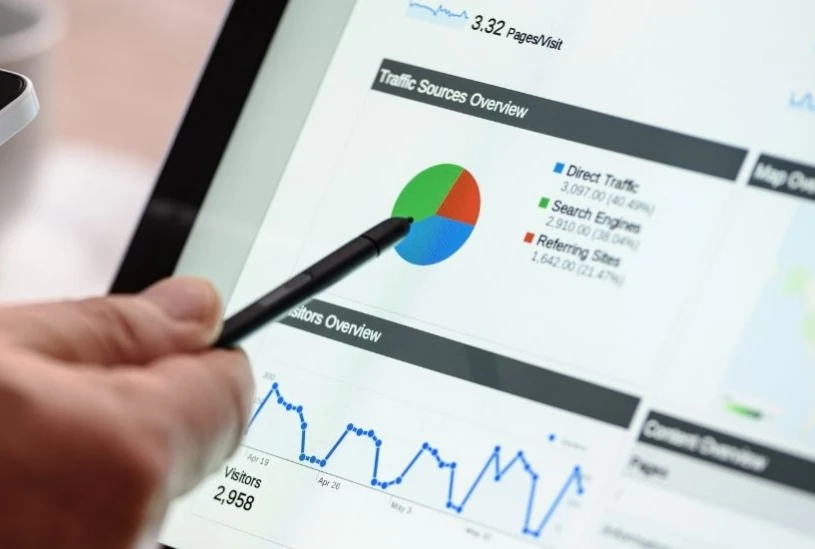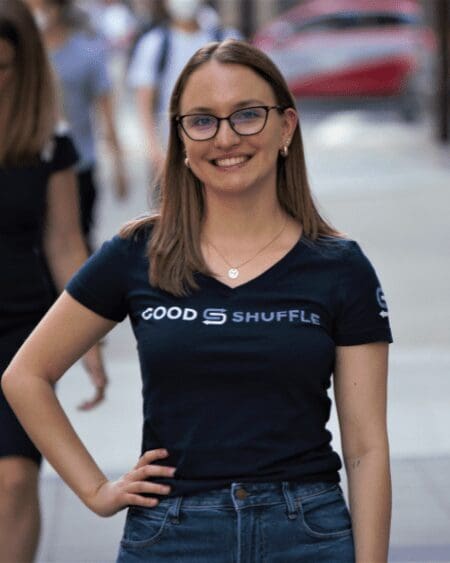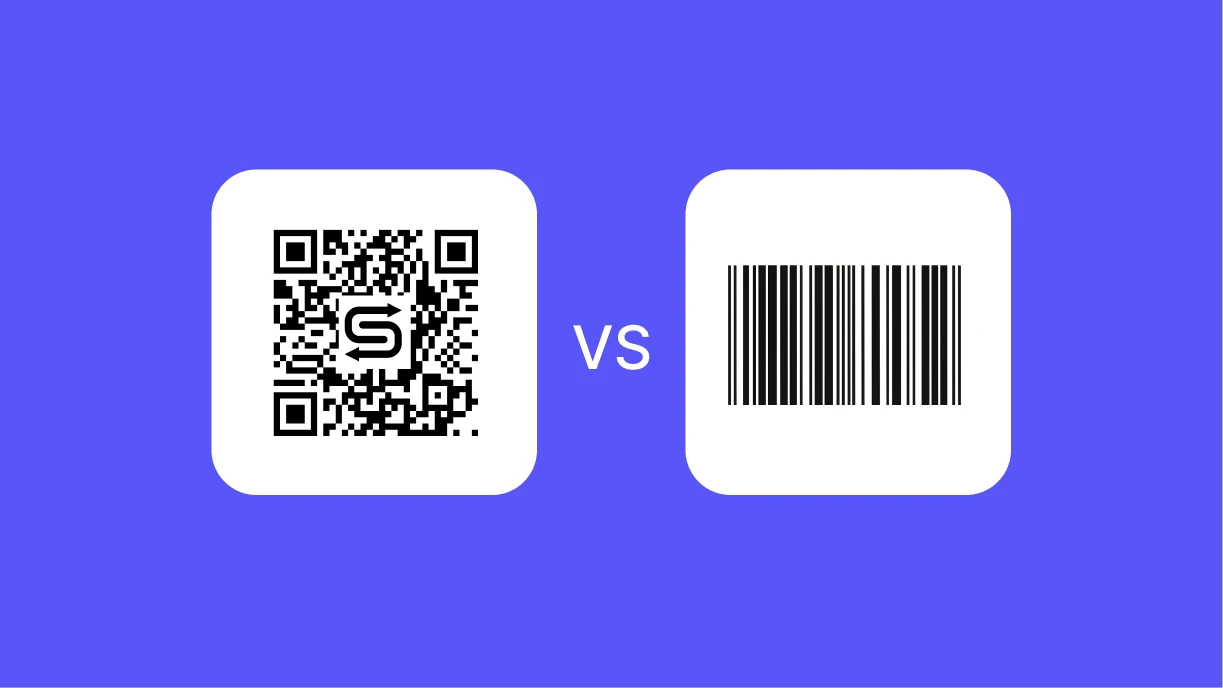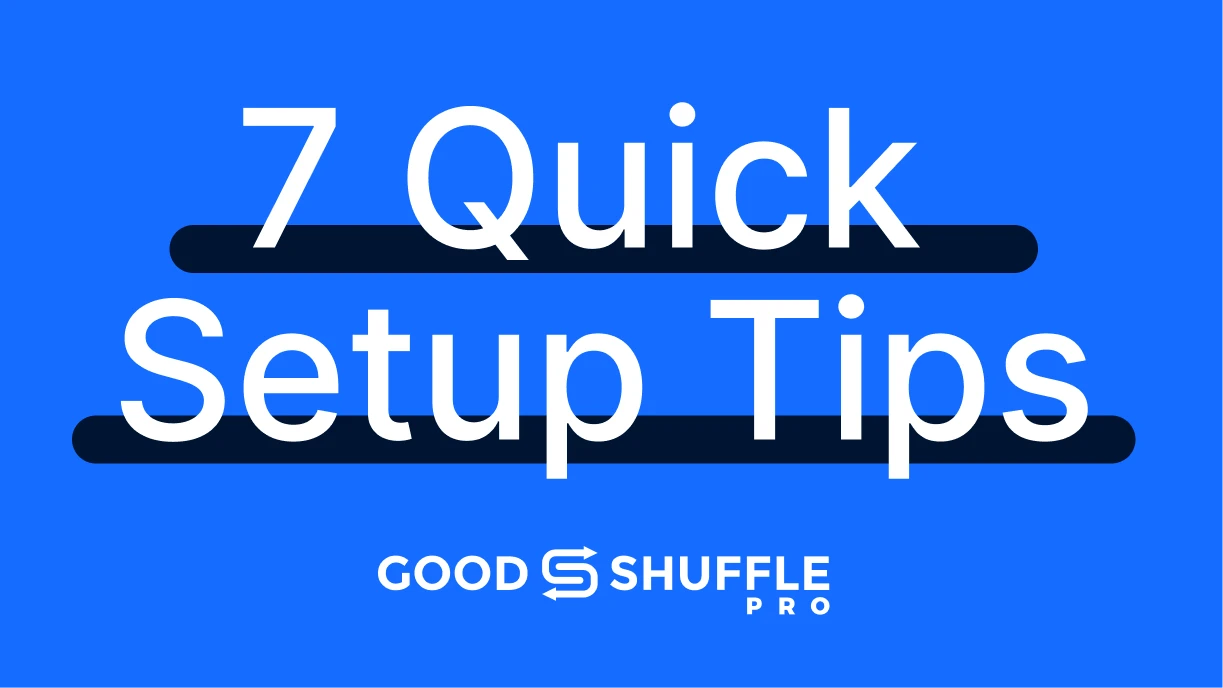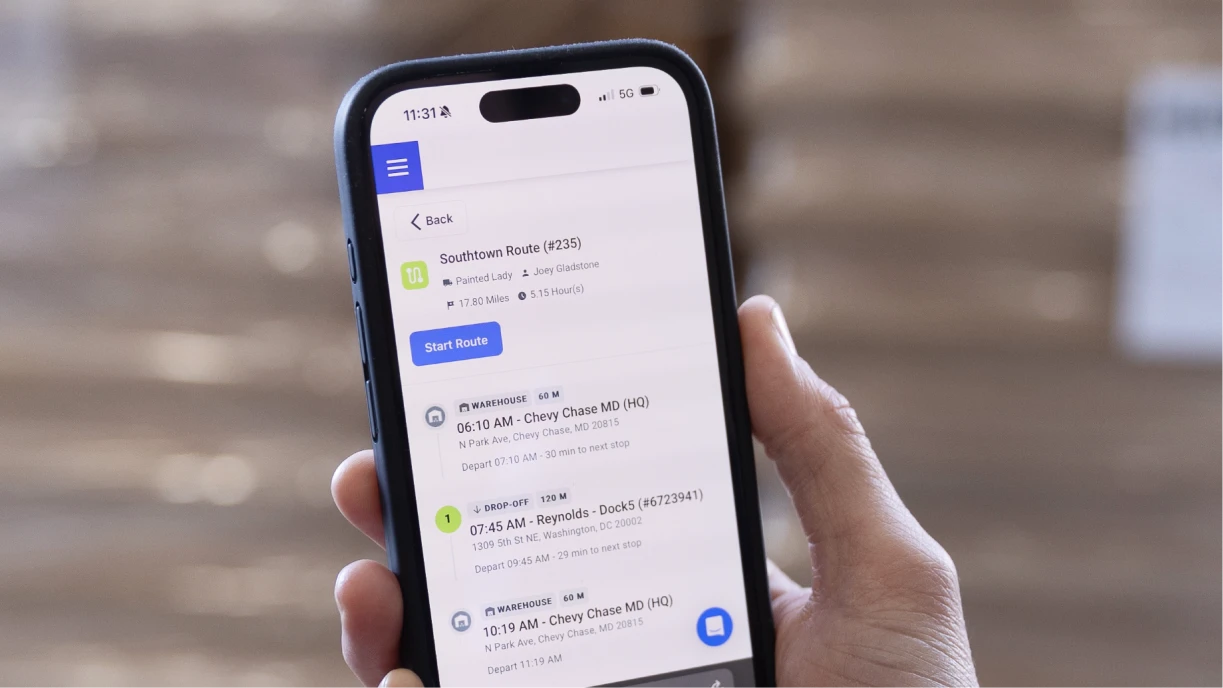Outside of social media, Google Ads reigns supreme. For starters, nearly everyone uses Google as their primary search engine— as well as email platform, maps, office suite, etc. Because digital advertising is all about reaching your clients where they are, if you’re not on Google, you’re missing out.
With Google Ads, you can literally show up at the top whenever a client searches for certain words and phrases— without doing SEO work. While using Google Ads shouldn’t be considered a replacement for SEO, it can help you show up for your clients while you’re working on your SEO rankings. Said another way, SEO is a marathon, while Google Ads is more like a sprint.
Are you ready to meet your potential clients while they’re searching? Then keep reading for some of our top Google Ads tips!
Keywords are key
Keyword research is essential for running a successful ad campaign— you only want to bid on keywords your target audience is actually searching for. So how do you figure this out? Tools like Moz, Search Console, and Keyword Planner will help you determine which keywords to bid on. Keyword research will tell you what people are searching for— and how many people search for it. You can also select negative keywords, which are keywords you don’t want to advertise to; this will keep you from paying for ads on irrelevant searches.
Target your audience
You’ll want to target your audience based on your location and buyer persona. Google Ads will let you use location and demographics to target your audience. In addition, you’ll be able to retarget ads specifically to people who’ve visited your website, leads within your CRM, opened your emails, etc.
You’ll want to create 2-4 buyer personas to work from, which should represent the majority of your clientele. From there, you can select keywords, demographics, and locations for these personas, which will help you target the right ads at the right audience.
Landing pages
If your ad is specifically about summer wedding rentals, it shouldn’t lead to your generic home page. This is where landing pages come in. Landing pages are pages on your website (usually without top menu navigation) for your potential clients to “land” after they click on your ads. They should be specific, and are great ways to educate and familiarize your audience with a specific product, service, or theme you offer. If you link these landing pages to each ad, you’ll create a seamless transition between your ad and your main website. Each of your landing pages should also include a clear call to action, so there’s no need to connect them to your website’s main homepage.
Constantly evolve
The world changes, and so should your ads. A major part of creating a successful marketing strategy is constant data collection, analysis, and iteration. This will help keep your ads fresh and keep your potential clients engaged. To learn more about Google Ads optimization, read this post.
An excellent way to document and perfect your ads process is to create a SOP (standard operating procedure) specifically for your Google Ads marketing strategy. Include time periods for ad cycles (you don’t want to run the same ads forever!), your buyer personas, do’s and don’ts, and any other relevant information you need for your policies and procedures regarding Google Ads. Also include any educational links that your team likes— this way, anyone new to your team knows where to look if they have questions.
Google Ads is a sure fire way to boost your sales and brand recognition— once you understand what your target audience searches for. While there is a learning curve, competing with your competitors on the digital front is the only way to get ahead. Meet your potential clients where they are searching, and provide landing pages that show them how you can help them put on the perfect event!
